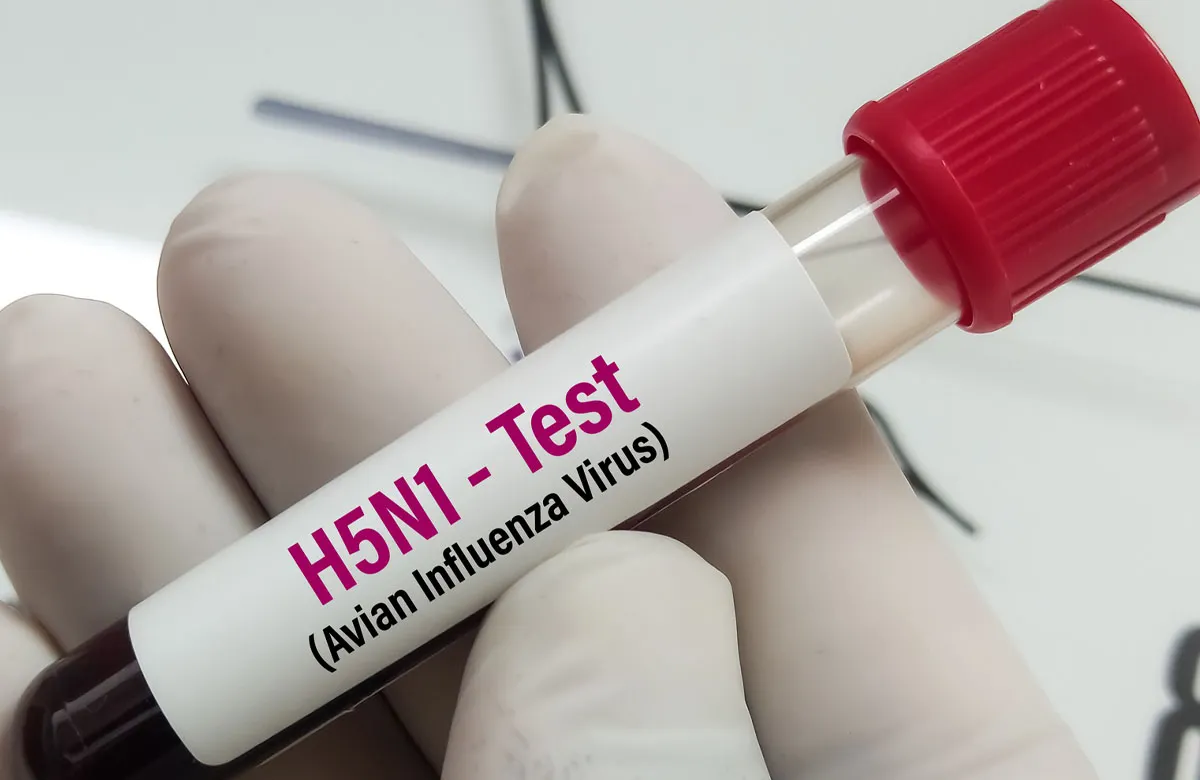Bird flu leads to severe human illness and state of emergency

Bird flu, also known as H5N1, continues to be a cause for concern across the country as warnings are being issued about the severity of the virus. The Centers for Disease Control and Prevention (CDC) recently confirmed the first severe case of bird flu in a human in southwestern Louisiana. The patient, who is currently hospitalized, had been exposed to sick and dead birds suspected to be infected.
This confirmation comes amidst a surge in bird flu cases across the country, with a total of 61 human cases reported since April. Despite this increase, the CDC maintains that the risk to the public is low and no human-to-human transmission has been reported. However, the situation has prompted California Governor Gavin Newsom to declare a state of emergency due to the outbreak of bird flu among dairy cows in Southern California farms.
Experts are urging for more decisive action to control the spread of H5N1 in animal populations in order to prevent further human spillover cases. While the severity of the virus in humans is still being monitored, previous instances of bird flu have had a high death rate. However, the recent human cases in the U.S. have been relatively mild, which is seen as a positive sign.
The main concern now is whether bird flu will begin to spread from human to human, which could potentially lead to a pandemic. Researchers are closely monitoring the virus and its ability to adapt to mammals, which could increase the risk of transmission to humans. It is important for individuals to take precautions when handling birds or suspected ill animals, such as wearing gloves and masks and practicing good hygiene.
Overall, the situation with bird flu remains a cause for concern, but with proper precautions and monitoring, the risk to the public can be minimized. It is crucial for government agencies and healthcare professionals to work together to prevent the spread of the virus and protect public health.




